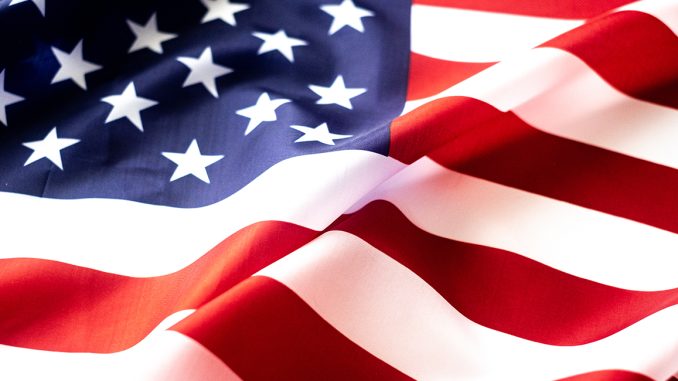
Freedom and liberty. What is meant by these terms? Both refer to the quality of being free.
But to be “free from” what and “free to do” what?
Freedom and liberty are the first principles of conservatism and the last principles of the radical, progressive, socialist, Marxist, leftist (Democrat) ideology.
I could ask 10 individuals to provide their thoughts on these first principles and I would get 10 totally different perspectives—and none of them would be wrong.
So, how can we come to a harmony of opinion so as to clearly understand freedom and liberty within our sovereign nation?
Just as our Constitution applies exclusively to the United States of America, virtually the same could be said concerning our freedom and liberty—we are the freest nation on Earth. Yet all people—not just those of us living in America—yearn for these things.
Let me lay one basic foundation: You cannot have liberty until you ensure that we as a nation have freedom. And, you cannot have freedom without a free government.
How should one distinguish between the terms freedom and liberty? We can start with the wisdom and vision of our Founding Fathers. Within the Declaration of Independence, Thomas Jefferson laid the foundation for the meaning of freedom.
Jefferson stated,
But when a long train of abuses and usurpations, pursuing invariably the same Object evinces a design to reduce them under absolute Despotism …
The history of the present King of Great Britain is a history of repeated injuries and usurpations, all having in direct object the establishment of an absolute Tyranny over these States. …
He is at this time transporting large Armies of foreign Mercenaries to compleat the works of death, desolation and tyranny. …
In every stage of these Oppressions We have Petitioned for Redress in the most humble terms. …
A Prince whose character is thus marked by every act which may define a Tyrant, is unfit to be the ruler of a free people.
What was Jefferson stating when he applied the words despotism, oppression, tyranny, and tyrant?
Jefferson was clearly stating this new United States of America would have “freedom from” despotism, oppression, tyranny, and a tyrant—and that we as a nation would fight to have that “freedom from.”
And fight they did. As a result, in our new United States of America, the people would be “free from” and would now have the liberty to be “free to” make free choices for themselves, their family, their community, their church, etc.
Simply stated, freedom means to be “free from,” and liberty means to be “free to.”
Again, both terms mean the quality to be “free.”
And with liberty comes accountability and responsibility for the personal decisions one makes with that liberty.
In more modern times, the one person who truly understood freedom was the 40th president of the United States, Ronald Reagan. When you understand Reagan’s conservative principled concept of freedom, you will grasp the depth of freedom.
Let me give you one shining example: Reagan stated in a speech early in his presidency that he was most happy to assume the role as “Freedom’s Voice” to the “captive peoples” in the “captive nations” behind the Soviet Union’s Iron Curtin.
And what was it those captive people wanted? Freedom from despotism, oppression, tyranny, and a tyrant.
When our American military fights and dies on foreign soil, they are not fighting for freedom of the press or freedom of religion, they are fighting so those “captive peoples” can be “free from …” and have to “liberty to …”
All people need to be reminded of their freedoms and liberties and the need to understand and reassert them, especially we Americans, who can so often take them for granted.
The Daily Signal publishes a variety of perspectives. Nothing written here is to be construed as representing the views of The Heritage Foundation.
Have an opinion about this article? To sound off, please email letters@DailySignal.com, and we’ll consider publishing your edited remarks in our regular “We Hear You” feature. Remember to include the URL or headline of the article plus your name and town and/or state.

